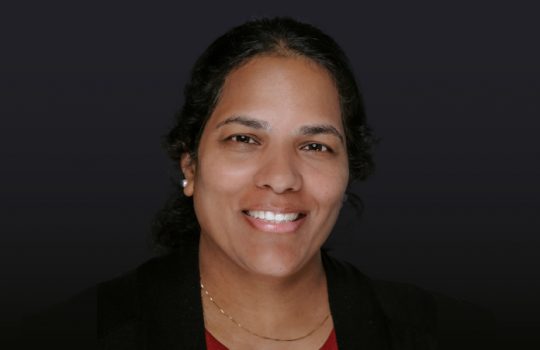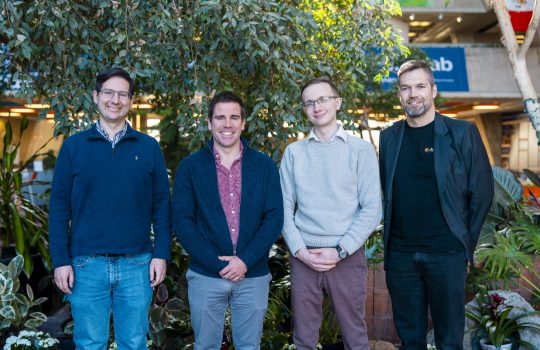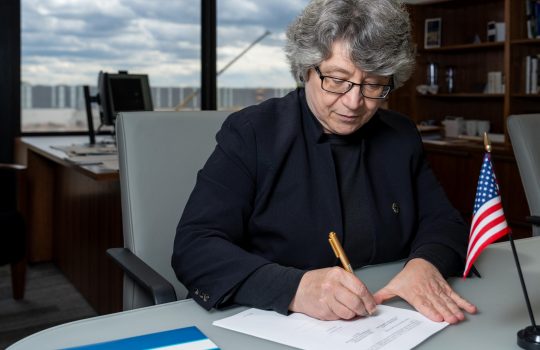www.interactions.org Goes Live
Batavia, Ill.-The worldwide particle physics community today (August 12) launched Interactions.org, a new global, Web-based resource developed to provide news, high-quality imagery, video and other tools for communicating the science of particle physics.
“The Web site, found at www.interactions.org, provides a newswire with the latest developments in particle physics and related fields, as well as links to current particle physics news from the world’s press,” said Communications Director Petra Folkerts of the DESY laboratory in Hamburg, Germany. “It offers high-resolution photos and graphics from the world’s particle physics laboratories and links to education and outreach programs.”
The site also presents timely information about science policy and funding; links to universities; a glossary and a conference calendar.
“Interactions.org was developed and is jointly maintained by the InterAction collaboration,” said deputy Communications director Youhei Morita, of KEK laboratory in Tsukuba, Japan. “Our collaboration represents the communication staffs of all the world’s particle physics laboratories. The new site responds to the growing demand for information and images from particle physics laboratories in Europe, North America and Asia.”
The group pooled experience and resources to create a centralized Web site.
“Already we have hundreds of journalists, researchers and policy-makers using Interactions.org on a daily basis,” said James Gillies, head of the Education and Communication Group at the CERN laboratory in Geneva, Switzerland. “This outstanding collection of materials represents the combined efforts of communications professionals from around the world.”
InterAction collaborators said the current Web site is only the beginning.
“Interactions.org will give the media, the science community, policy makers, funding agencies, students, and teachers the tools to better understand and communicate the nature and value of particle physics research and its connections to other fields of science,” said Judy Jackson, Public Affairs director at Fermilab near Chicago.
Physicist and communicator Stefano Bianco of INFN Frascati Laboratory, near Rome, said that users of interactions.org will find current information about the status of initiatives, people and facilities involved not only in particle physics but also in other related fields, and not only in one country but across the globe.
“Global collaboration is the foundation of success in this era of particle physics research,” Neil Calder, Director of Communications for the Stanford Linear Accelerator Center in Palo Alto, California. “Interactions.org will help facilitate that teamwork.”
Interactions.org Contributing Members include:
The American Physical Society (APS)
Brookhaven National Laboratory (BNL)
European Organization for Nuclear Research (CERN)
Deutsche Elektronen-Synchrotron (DESY)
Fermi National Accelerator Laboratory (FNAL)
High Energy Accelerator Research Organization (KEK)
INFN: Laboratori Nazionali del Gran Sasso (LNGS)
INFN: Laboratori Nazionali di Frascati (LNF)
Institut National de Physique Nucleaire et de Physique des Particules (IN2P3)
Institute for High-Energy Physics, Protvino (IHEP)
Istituto Nazionale di Fisica Nucleare (INFN)
Thomas Jefferson National Accelerator Facility (TJNAF)
Joint Institute for Nuclear Research, Dubna (JINR)
Laboratory for Elementary -Particle Physics at Cornell University (LEPP)
Lawrence Berkeley National Laboratory (LBL)
Saclay Physics Institute
Stanford Linear Accelerator Center (SLAC)



